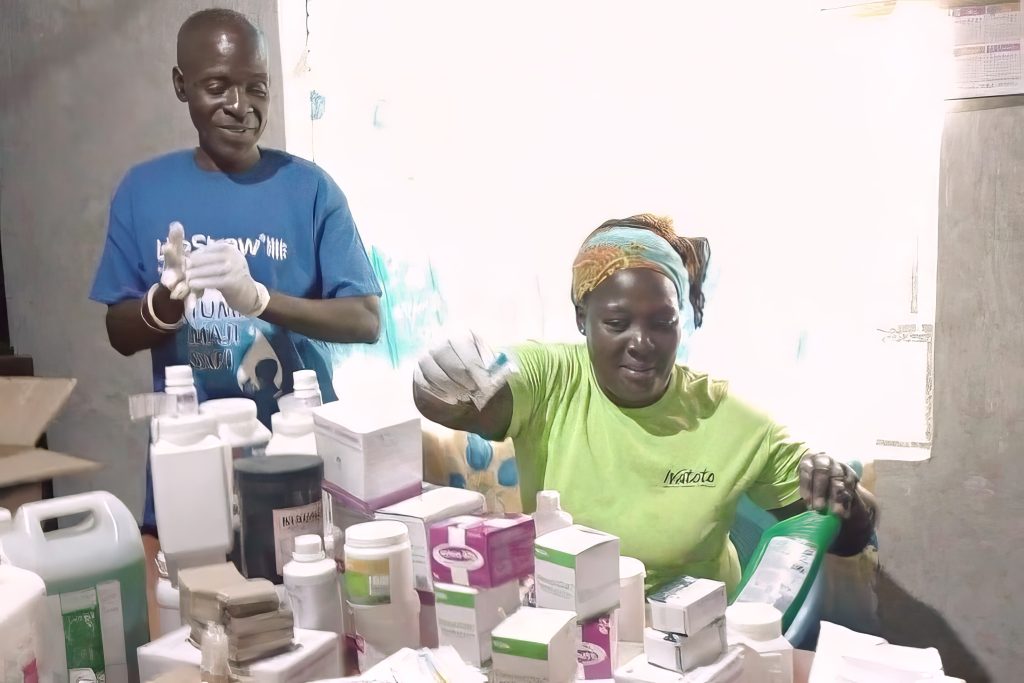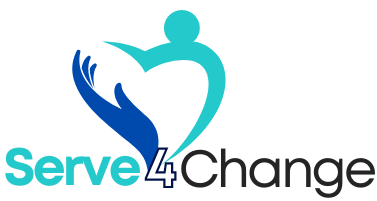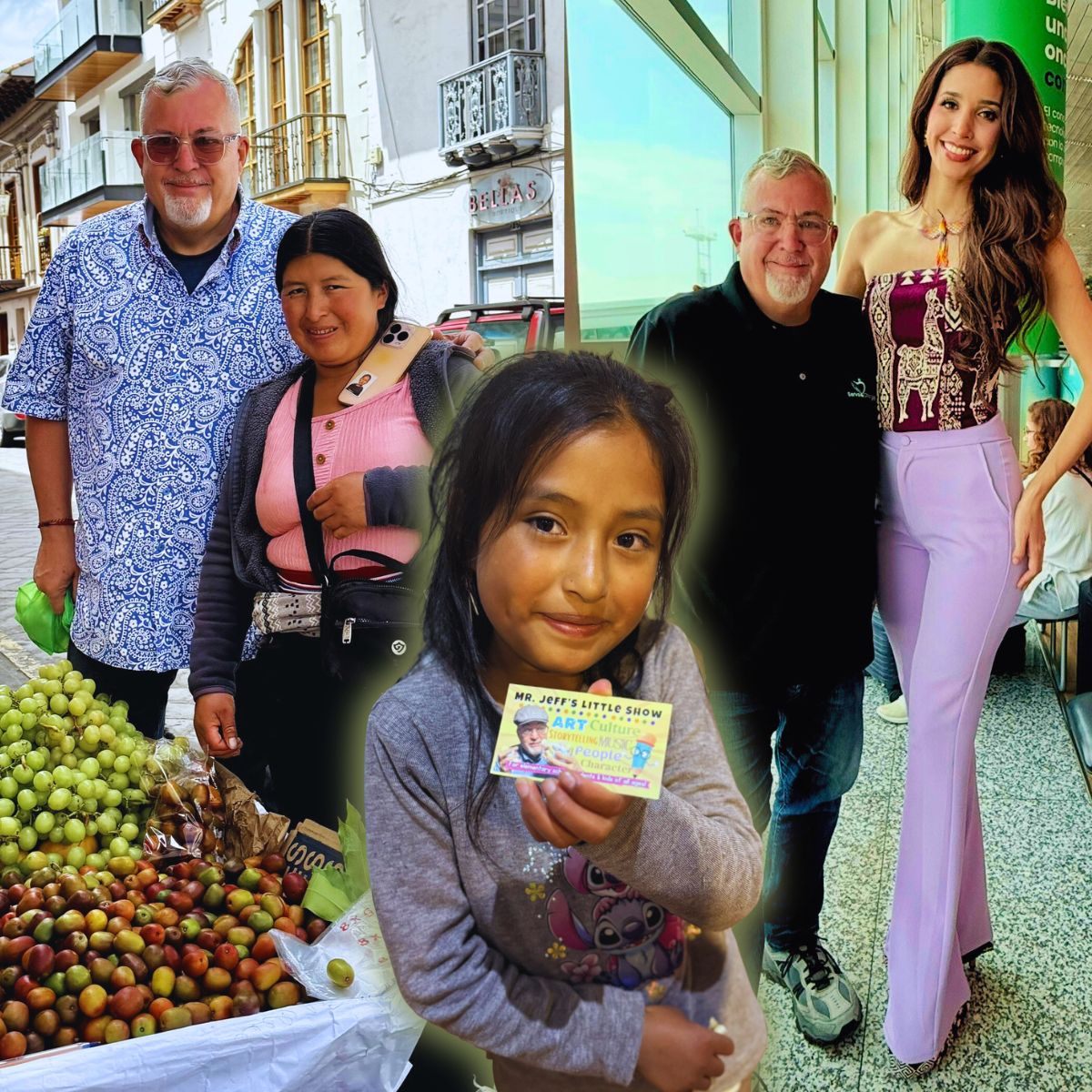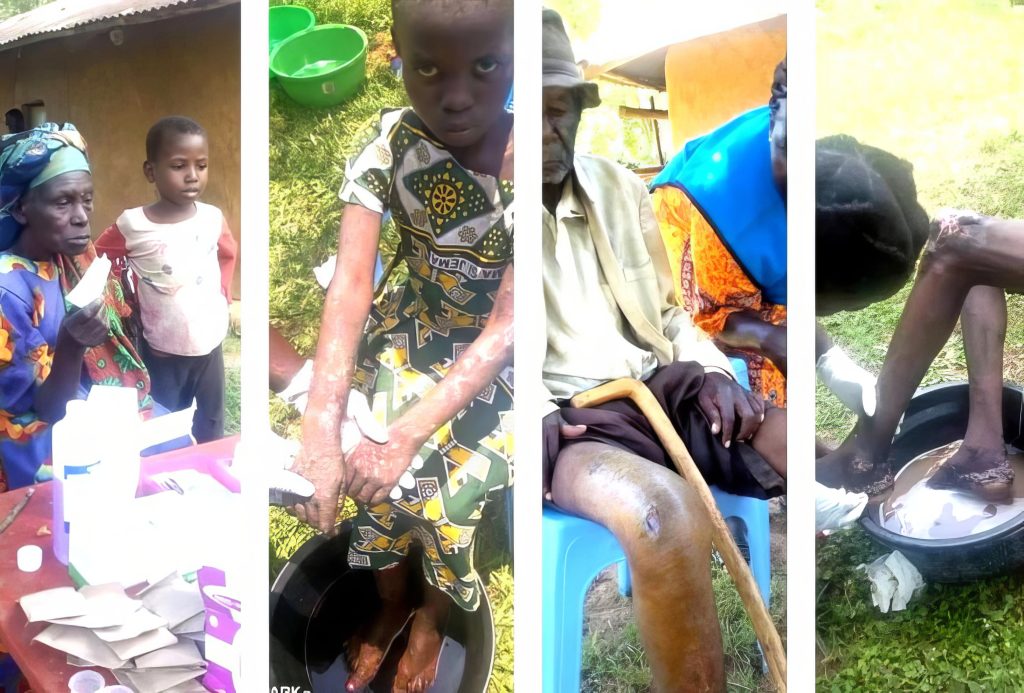
Pain, itching, and infection. Children stop walking and playing, adults can’t care for their families, and the elderly become captive in their homes.
“There will be great earthquakes, famines and pestilences in various places, and fearful events and great signs from heaven.” Luke 21:11
(Pestilence – a deadly and overwhelming disease that affects an entire community.)
My friends Martin & Patricia Indakwa, pastors in Shibuche, Kenya, Africa, (near the city of Mumias), are witnesses to the plague of Jiggers every day.
The Indakwas have been helping their community and surrounding villages by staging Medical Treatment Camps (MTCs) for all ages, providing treatments for Jiggers, Scabies, Malaria, and water borne diseases such as Typhoid, Cholera, and Dysentery among other health challenges. Millions are affected by these epidemics in Kenya and throughout Africa.
Jiggers are sand fleas that dig into the skin, attach to blood vessels and lay eggs. Nearly invisible, they typically enter through the feet. A single jigger flea can swell over 1000 times its size as it lays hundreds of eggs, leading to a painful, sometimes life-threatening infestation.
Jiggers are found in the dust and on dirt floors of many homes and schools, and they also burrow into the skin of animals that commonly make contact with humans.
Their pervasive nature is due to crowded conditions where close body and skin contact is frequent, as well as poor hygienic habits resulting from inadequate bathroom facilities and the unavailability of potable and otherwise clean water.
And where there is no clean water available (which is the norm in the Indakwa’s community), water must be drawn from a local source that is often polluted, infested by mosquitoes, and must be boiled prior to use.
In Kenya alone, an estimated 1.5 million people suffer from jigger infestation.
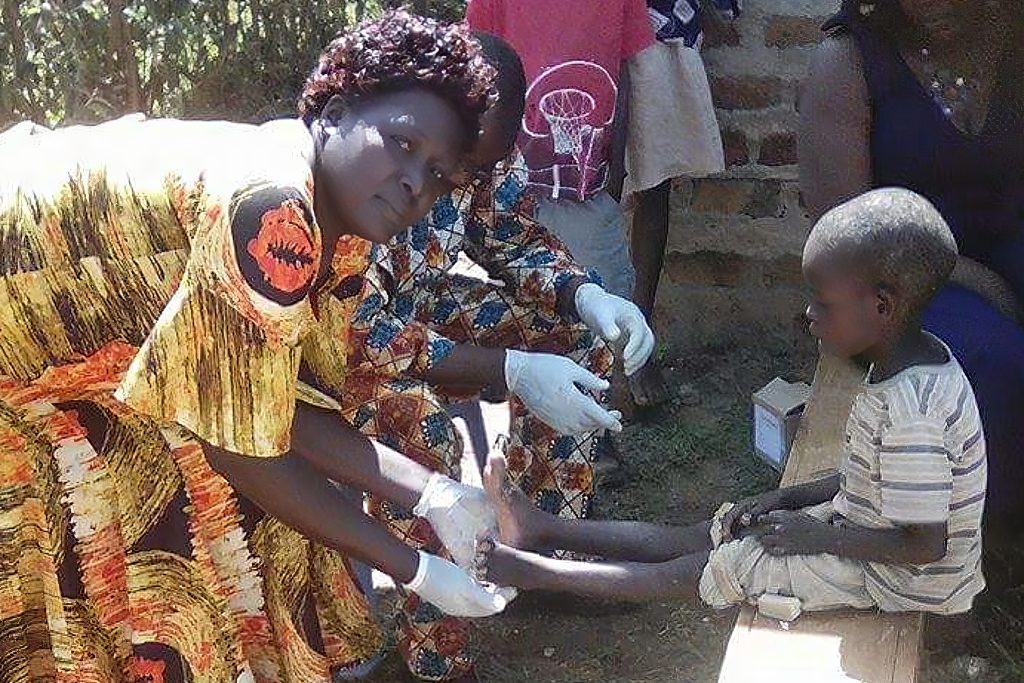
Treatment is a painful process. It requires literally cutting the jiggers out with a scalpel or razor blade, and often all the jiggers cannot be removed in one sitting.
Worst of all, due to widespread cultural beliefs, people infested with jiggers are often shunned for the “curse” painfully visible upon their body. It is considered a modern-day leprosy.
Serve4Change has worked together with the Indakwas for nearly a decade, raising funds for their MTCs. Their vision is to take these treatment camps into even more remote areas. As most inhabitants of these remote areas have little or no access to any medical treatment whatsoever, hundreds of people come to these camps which are first-come, first-served due to the great limitation of medications and supplies. Many are forced to leave without being treated.
Martin and Patricia hope to organize future MTCs that are equipped with enough supplies to treat at least 200 children and adults at a time. Along with their team of medical aides and volunteers from their community, Martin and Patricia are prepared to serve all whom they can as funding permits.
In addition to medical treatments, patients are given educational briefings on how to improve hygiene habits and maintain home cleanliness to prevent possible re-infestation.
Serve4Change endeavors to be an ongoing resource for the Indakwa’s MTCs. The cost for a single camp is approximately $3000 US which provides all the supplies required to treat approximately 200 people.
Please consider partnering with Serve4Change so that Martin and Patricia can continue this vital work. Every dollar you donate helps bring life- changing medical care to those suffering from jigger infestations and other diseases. Your partnership will directly impact families in these underserved areas.
